Event Program:
|
| Friday, July 14, 2017 |
| 7:30 - 8:00 am |
Breakfast |
|
| 8:00 - 8:10 am |
Welcome and Logistics
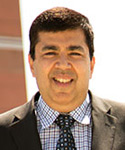 |
Rajit Gadh
University of California, Los Angeles |
|
|
| 8:10 - 8:40 am |
Opening Remarks
 |
Rick Reis
Stanford University
Richard Reis is currently a Senior Research Engineer in the Mechanical Engineering department at Stanford University. He is also the author of Tomorrow’s Professor: Preparing for Academic Careers in Science and Engineering (IEEE Press, 1997).
From 1990 to 2007 Reis was the executive director of the Alliance for Innovative Manufacturing at Stanford and a consulting professor and lecture, respectively, in the Electrical Engineering and Mechanical Engineering departments. From 1982 to 1997 he was the executive director of the Stanford Center for Integrated Systems, a major research partnership between Stanford and 15 industrial companies.
Reis holds bachelor's degrees in physical geography (1964), and physics (1965), both with honors, and a master's degree in science education (1968) from California State University at Los Angeles in Los Angeles, CA. He also holds a master's degree in geophysics (1969), and a Ph.D. in physics education (1971) from Stanford University, in Stanford, CA.
|
|
|
| 8:40 - 09:55 am |
Renewable Energy, Storage and Smart Grids - 1
Chair:
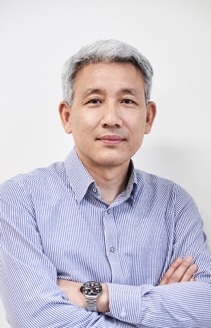 |
Modeling with Smart 3D Building Blocks
Young Choi
Chung-Ang UniversityYoung Choi is a Professor in the School of Mechanical Engineering at Chung-Ang University, Seoul, Korea since 1992. He also serves as the Dean of Engineering in the same university from March of 2016. His research interest has been in the area of geometric modeling, geometric design and various 3D geometry related topics including multi-modal medical images and laser scanned data. He is currently serving as a Co-Editor-in-Chief of Journal of Computational Design and Engineering since 2014. Professor Choi graduated from Seoul National University in 1979, earned a M.S. degree at KAIST in 1981 and Ph.D. in Mechanical Engineering at the Carnegie Mellon University in 1989.
|
Speakers:
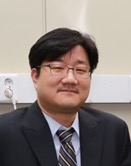 |
Solar Energy Harvesting based on Photosynthesis
Won Hyoung Ryu
Yonsei University
Dr. WonHyoung Ryu is an Associate Professor of Department of Mechanical Engineering at YONSEI University, Seoul in Republic of Korea. He received a B.S. degree in Mechanical Engineering from Seoul National University, M.S. degrees in Aeronautics/Astronautics and Manufacturing Systems Engineering from Stanford University, and a Ph.D. degree in Mechanical Engineering from Stanford University. His research interests are in advanced nano and micro fabrication technologies for biomedical devices and bio solar energy systems. He serves as an associate editor of Journal of Mechanical Science and Technology and an editorial board member of International Journal of Precision Engineering and Manufacturing-Green Technology.
|
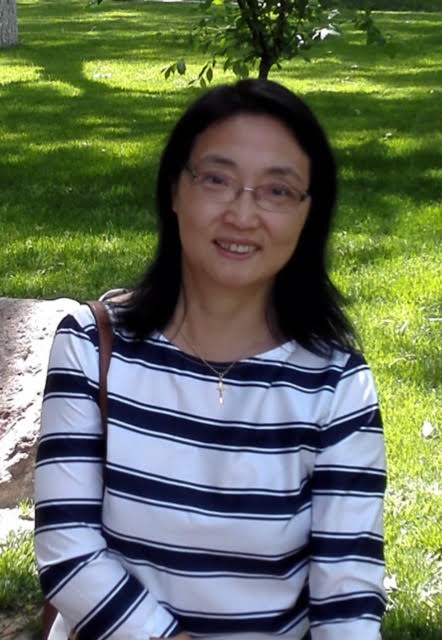 |
On the Development of Printing Flexible and Conformal Li-Ion Batteries
Hong Huang
Wright State University
Hong Huang is an associate professor in the Department of Mechanical and Materials Engineering at Wright State University. She earned her BSc degree in Beijing University, MSc degree Institute of Physics in Chinese Academy of Science, and PhD in Delft University of Technology. In the period of 2003 and 2007, she worked as a senior research associate at Stanford University on the development of ultra-thin micro solid oxide fuel cells. Since joining Wright State in 2007, she has been directing her Nanomaterial Energy Laboratory on 1) fabricating nanomaterials for enhanced ionic, electronic, and catalytic properties; 2) understanding superior functions of nanomaterials; and 3) prototyping high-performance electrochemical energy and chemical sensing devices. Her current research focus is on flexible and/or solid-state lithium-ion batteries; ink-jet printing electronics; and 2D materials for applications to chemical/biological sensors and high-performance nanoelectronics.
|
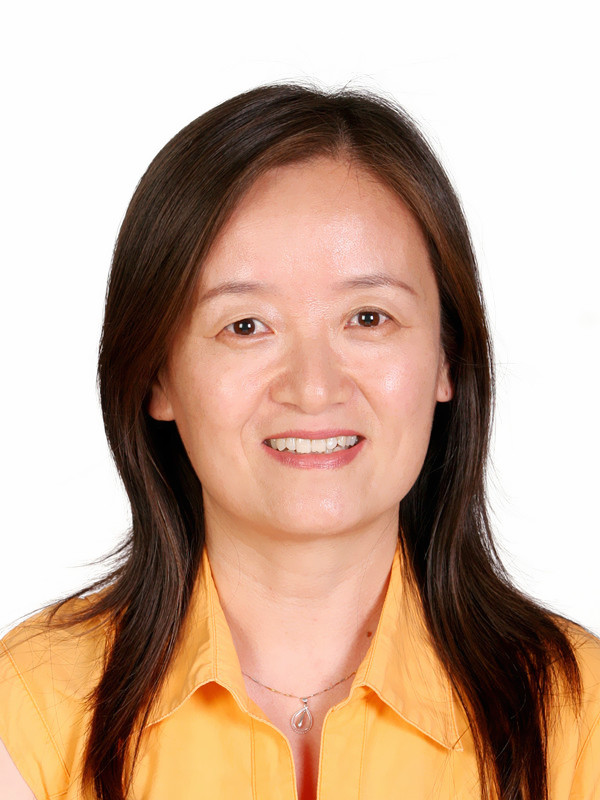 |
Micro Supercapacitors for Energy Storage based on Prototyping of Nanomaterials
Xiaohong Wang
Tsinghua University
Xiaohong (Ellen) Wang is a professor in Tsinghua National Laboratory for Information Science and Technology, Institute of Miroelectronics, Tsinghua University in China. She received her Ph. D degree in Department of Precision Instruments and Mechanology, Tsinghua University in 1998. As a visiting scholar, she did the research on the electrode materials of micro SOFC in Professor Prinz Fritz’s group, Stanford University from Nov. 2005 to Oct. 2006. She also had a short visiting research experience in Hong Kong University of Science and Technology and UCLA, on micro fuel cells and nano- photodetector devices in 2001 and 2007, respectively.
Her research is on the fields of MEMS/NEMS design, fabrication, materials, assembly, and integration technologies, in particular on Power-MEMS, like micro direct methanol fuel cell (uDMFC), micro supercapacitors, silicon-based micro lithium battery, etc. She is also interested in combining Bio & Power MEMS, such as biological cell-based microgenerators.
She has served several international conferences as TPC member, like IEEE-MEMS, Transducers, IEEE-NEMS, APCOT, and PowerMEMS conference. She also was the General Co-chair of IEEE MEMS2016, held in Shanghai, China. She is an Associate Editor of IEEE/ASME JMEMS and Microsystems & Nanoengineering.
|
 |
Smart Grids to Integrate Renewable Energy, Electric Vehicles and Distributed Storage
Rajit Gadh
University of California, Los Angeles |
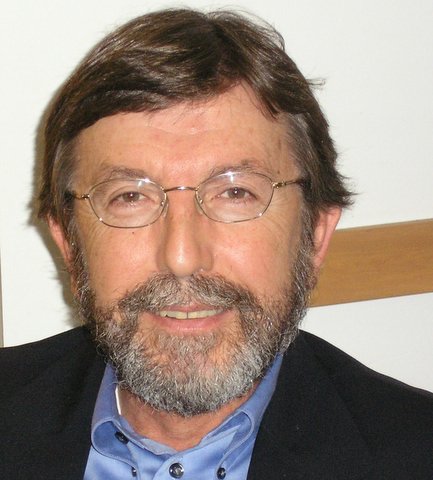 |
Low-carbon or Less-carbon Energy? SOFCs to Breathe New Life into Old Fossils
Turgut M. Gür
Stanford University
Turgut M. Gür is an Adjunct Professor of Materials Science and Engineering at Stanford University, with more than 18 years of hands-on experience in managing multi-disciplinary team-based research centers in advanced materials and energy conversion on campus. He has organized many conferences and symposia, and served in leadership positions in professional societies as well as in industrial and non-profit organizations. Currently, he is the Chair of the High Temperature Materials division and a member of the Board of Directors of The Electrochemical Society. Previously, he served for 10 years on the Board of the International Society for Solid State Ionics.
He holds BS and MS degrees in Chemical Engineering from the Middle East Technical University in Ankara, Turkey, and three graduate degrees including a Ph.D. in Materials Science and Engineering from Stanford University. He currently holds 11 US patents, and has published more than 160 technical articles, largely related to energy conversion processes and materials including fuel cells, electrocatalysis, electrosynthesis, coal and hydrocarbon conversion, hydrogen production, and sensors and membranes.
|
|
|
| 09:55 - 10:15 am |
Break |
|
| 10:15 - 11:45 am |
Fuel Cells and Energy
Chair:
 |
Joon Shim
Korea University
Joon Hyung Shim is an Associate Professor of Mechanical Engineering at Korea University (KU). Before joining KU as a faculty, he worked as a postdoctoral researcher at National Renewable Energy Laboratory (NREL) and a full-time lecturer of Mechanical Engineering at Stanford University. He received the B.S. degree in Mechanical and Aerospace Engineering from Seoul National University in 2002. He also received the M.S. and Ph.D. degree in Mechanical Engineering from Stanford University in 2004 and 2009 respectively. His research interest has been in devleopment of innovative ceramic fuel cells including solid oxide fuel cells (SOFCs) & protonic ceramic fuel cells (PCFCs) and ultra-thin film fabrication processes such as atomic layer deposition (ALD) and aerosol-assisted chemical vapor deposition (AACVD). |
Speakers:
 |
Modeling of Energetic Granular Flows
Tony Rosato
New Jersey Institute of TechnologyAnthony Rosato is a Professor of Mechanical Engineering the New Jersey Institute of Technology, where he has served as associate chair, as the founding director (1995-99) of NJIT’s Particle Technology Center, and director of the Granular Science Laboratory since 1999. He received a PhD from Carnegie Mellon University in 1985, and MS degrees in Applied Math and Theoretical & Applied Mechanics from CMU and Northwestern University, respectively. His research in the area of energetic granular flows related to the solids processing industries involves computational and discrete dynamical systems modeling and experimental studies. He has held visiting appointments at Lawrence Livermore National Laboratory, Worcester Polytechnic Institute, the Lovelace Institutes, ESPCI in Paris and Stanford University. Dr. Rosato is a Fellow of the ASME and the American Academy of Mechanics, a Fulbright Scholar, and Editor-in-Chief of Mechanics Research Communications. He is a member of the ASCE/EMI Granular Materials Committee, serves on the Editorial Board of the Americas of Kona – Power & Particle, and is an ASME representative on the Board of the International Hoover Award.
|
 |
Application of ALD CeO2 to Low-temperature SOFCs
Jihwan An
Seoul National University of Science and Technology |
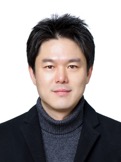 |
Development of Solid Oxide Fuel Cell Cathodes
Wonyoung Lee
Sungkyunkwan University
Wonyoung Lee is an assistant professor in the School of Mechanical Engineering at Sungkyunkwan University (SKKU). Before he joined SKKU, he worked as a postdoctoral associate at Massachusetts Institute of Technology (MIT) and Stanford University. He received a B.S. degree in the School of Mechanical and Aerospace Engineering at Seoul National University (SNU) in 2004, a M.S. degree and Ph.D. degree in the Department of Mechanical Engineering at Stanford University in 2006 and 2010. His research focus lies in developing high-performance energy conversion and storage devices, including fuel cells, electrolysis cells, Li-ion batteries, and photovoltaic cells.
|
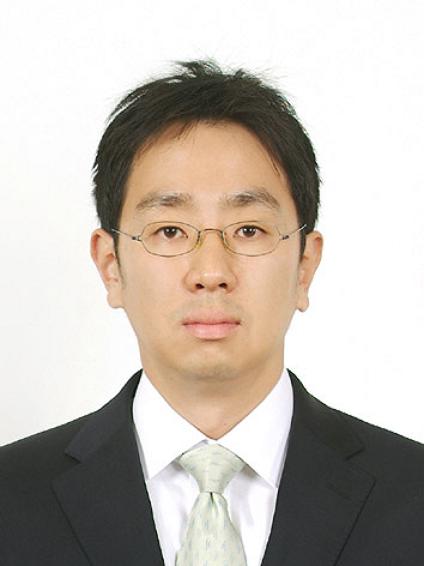 |
Nanoscale Engineering for Ceramic Fuel Cells
Young-Beom Kim
Hanyang University
Academic Qualifications
- Stanford University, Stanford, California, USA
- Ph.D. in Mechanical Engineering, September 2011
- Ph.D. minor in Materials Science and Engineering, September 2011
- Stanford University, Stanford, California, USA
- M.S. in Biomechanical Engineering, June 2007
- Hanyang University, Seoul, KOREA
- B.S. in Mechanical Engineering, August 2004
Field of Expertise
- Solid oxide fuel cells/Ceramic fuel cells
- Thin film deposition techniques
- Fuel cell systems
- Energy harvesting devices/systems
|
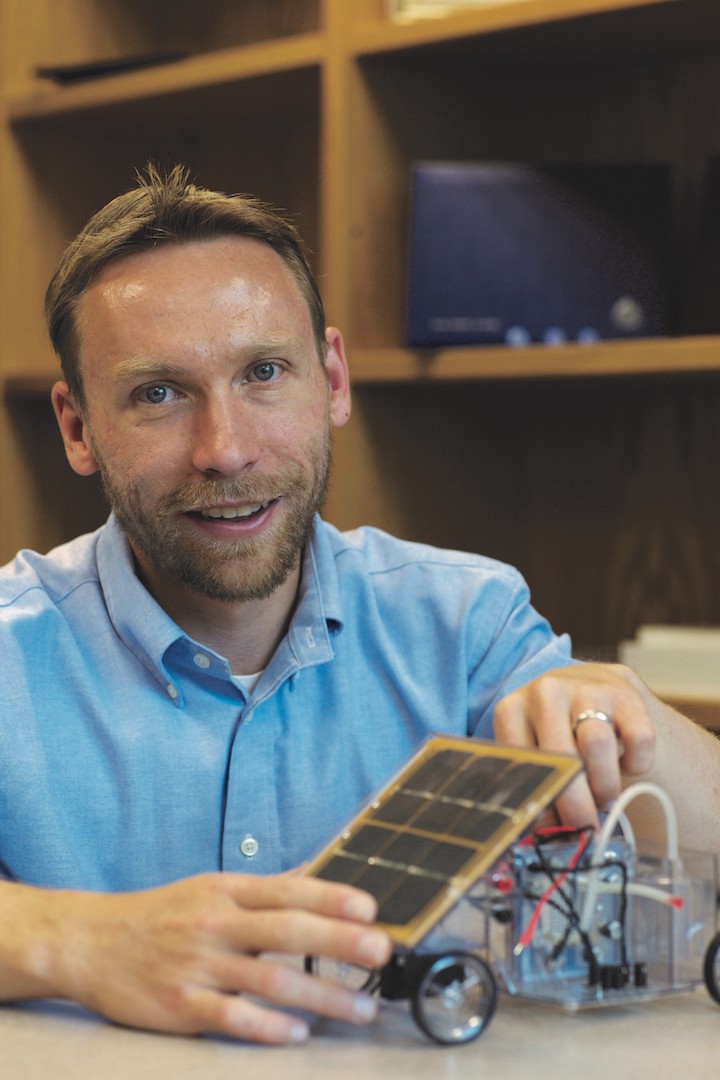 |
High-Performance, Fuel-Flexible Protonic-Ceramic Fuel Cells
Ryan O'Hayre
Colorado School of Mines
Professor Ryan O’Hayre directs the Advanced Energy Materials Laboratory at the Colorado School of Mines (http://materials.mines.edu/rc/aeml/index.html). His research centers on advanced ceramics and energy materials, emphasizing aspects of electronic and ionic oxides, transparent conducting oxides, catalysis, fuel cells, and electrochemistry with over 110 peer-reviewed publications in these areas as well as several patents and book chapters. Prof. O’Hayre is lead author of Fuel Cell Fundamentals, the world’s best-selling textbook on the subject of fuel cell science and technology (translated into both Chinese and Korean) and he recently published an undergraduate textbook on Materials Kinetics (Materials Kinetics Fundamentals, John Wiley and Sons, 2015) based on a course he teaches at CSM on this subject. Prof. O’Hayre has received several young-investigator research and teaching honors including CSM’s Research Excellence Award (2015), Chinese Academy of Sciences Visiting Professorship for Senior International Scientists at the Dalian Institute of Chemical Physics (2012-13), 2011 Kavli Frontiers of Science Fellow, The ASM Bradley Staughton Award (2010), and the 2009 Presidential Early Career Award in Science and Engineering (PECASE), the US’s top honor for early-career scientists and engineers. He collaborates with a number of National Labs and international Universities, including the U.S. National Renewable Energy Laboratory, Oak-Ridge National Laboratory, Risoe-DTU in Denmark, and DICP in China.
|
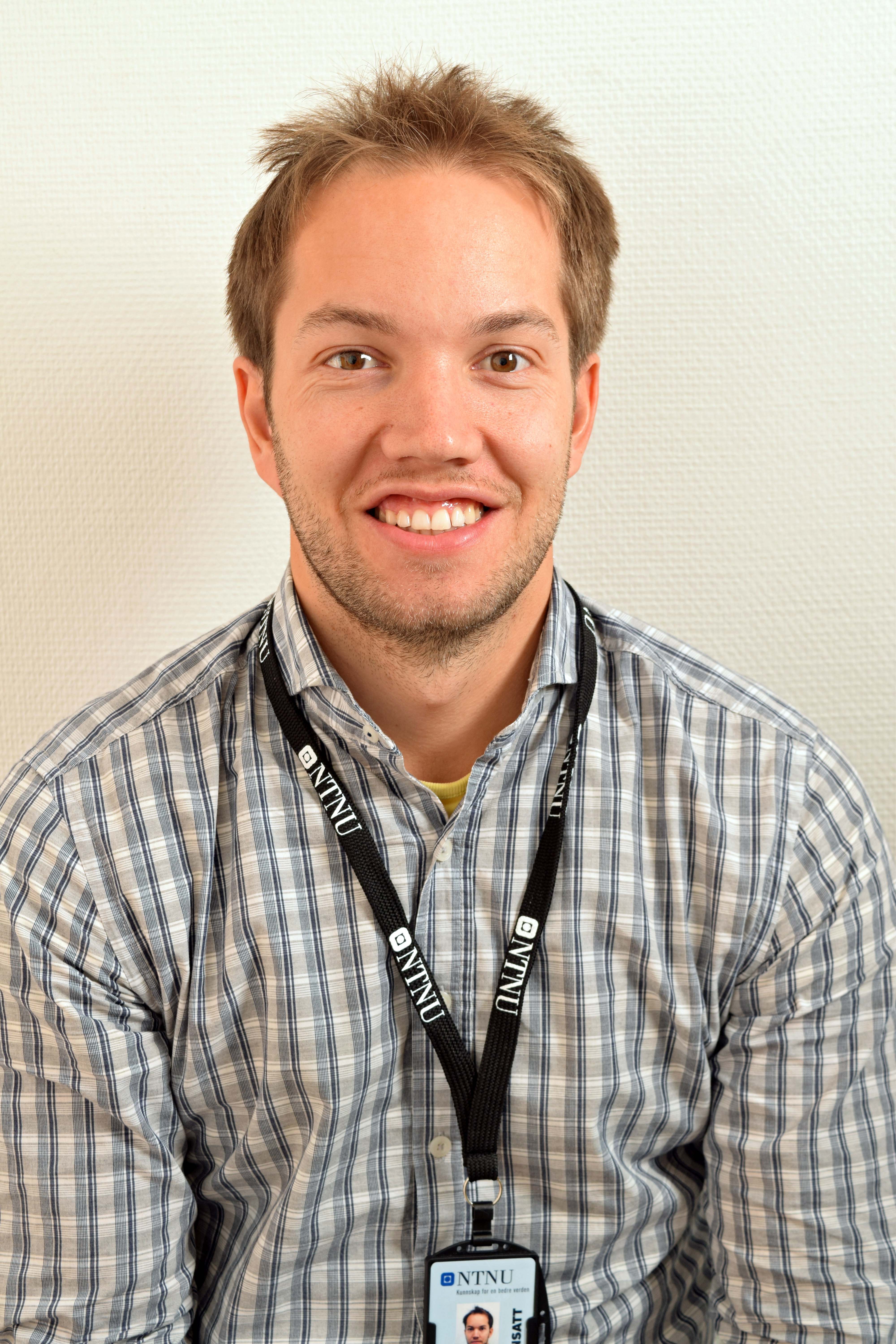 |
Relating Electronic and Geometric Structure of Atomic Layer Deposited BaTiO3 to Its Electrical Properties
Jan Torgersen
NTNU Trondheim
Jan Torgersen got his degree summa cum laude in “Industrial Engineering” in 2011 at Vienna University of Technology (TU Wien), Vienna, Austria. He has been working as Researcher in “High resolution Additive Manufacturing for Biological Applications” at the Institute of Materials Science and Technology at TU Wien, where he obtained his PhD summa cum laude in 2013. In 2014, he started working as PostDoc at Stanford University, where he started his work in “Ultrathin high-k dielectric films” in the Nanoscale Prototyping Laboratory for Energy Conversion and Storage. He started as Professor at the Norwegian University of Science and Technology in 2016 and holds a Guest Lecturer position at Stanford University. |
|
|
| July 14th, 11:45 - 12:45 pm |
Lunch |
|
| 12:45 - 2:00 pm |
3D Printing, Advanced Design,
Additive and Rapid Manufacturing
Chair:
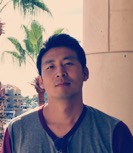 |
Minhwan Lee
University of California, Merced Min Hwan Lee is currently an Assistant Professor of Mechanical Engineering at the University of California, Merced. Before joining UC Merced in 2012, he earned his master and doctoral degree in mechanical engineering from Stanford University, and his bachelor’s degree from Seoul National University in Korea. His research centers on small-scale charge transport and electrochemical reactions within and at the interfaces of nanostructured oxides and carbons that form the basis of applications such as fuel cells, electrochemical energy storage and next generation data storage devices. He is an affiliate faculty of Biological Engineering and Small-scale Technologies (BEST) at UC Merced, and the Center for Information Technology Research in the Interest of Society (CITRIS).
|
Speakers:
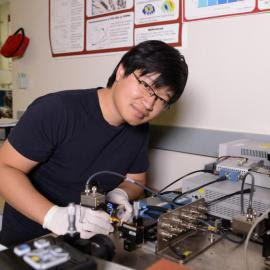 |
Electrocatalyst by Atomic Layer Deposition
John Xu
Stanford University
Shicheng (John) Xu is a postdoctoral fellow in the Department of Mechanical Engineering at Stanford University. He started research in the Nanoscale Prototyping Laboratory since 2011 and earned his Ph.D. in 2016. His research interests are ordered materials in the atomic scale and nanoscale for energy storage and conversion applications. |
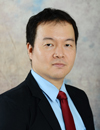 |
3D Holographic Lithography as a Novel Additive Manufacturing for Biomedical Applications
Yong-Jin Yoon
Nanyang Technological University
Dr. Yong-Jin Yoon joined School of Mechanical and Aerospace Engineering at Nanyang Technological University (NTU) as an Assistant Professor in January, 2010. He obtained his Ph.D. degree in the Mechanical Engineering at Stanford University in September 2009. During his PhD study, he also obtained two Master degrees in Stanford: one in Electrical Engineering, focusing on MEMS and Signal Processing, and the other in Mechanical Engineering, focusing on Medical Device Design. Dr. Yoon’s research interest lies in applied mechanics, vibration, and bio-acoustics. With a Ph.D. background on mathematical modeling of hearing mechanics, he spent years in Stanford working on computational mechanics and theoretical modelling. His current research activities include developing resonator type MEMS sensors, lab-on-a-chip devices, hearing micro- mechanics, and cell/tissue engineering with 3D printing technology with 60 SCI journal papers over recent five years. Besides research, Dr. Yoon is also very interested in an academic-based entrepreneur career as a start-up accelerator. For the past 6 years, he has been actively incubating few start-ups and spin-off companies, where he took the lead to raise several sizable funding from government entities and renowned venture capitals. |
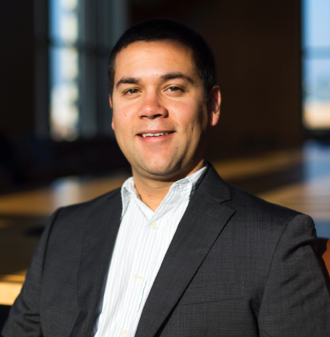 |
Atomic Layer Deposition for Interfacial Engineering of Energy Conversion Devices
Neil P. Dasgupta
University of Michigan, Ann ArborNeil Dasgupta is an Assistant Professor in the Department of Mechanical Engineering at the University of Michigan. He earned his Ph.D. from Stanford University in 2011. Prior to joining University of Michigan in 2014, he was a postdoctoral fellow at the University of California, Berkeley. He is the recipient of an AFOSR Young Investigator Award (YIP), a 3M Non-Tenured Faculty Award, The SME Outstanding Young Manufacturing Engineer Award, The AVS Paul Holloway Young Investigator Award, and The American Society of Mechanical Engineers (ASME) Pi Tau Sigma Gold Metal. His research focuses on the intersection of nanotechnology, energy conversion, and manufacturing.
|
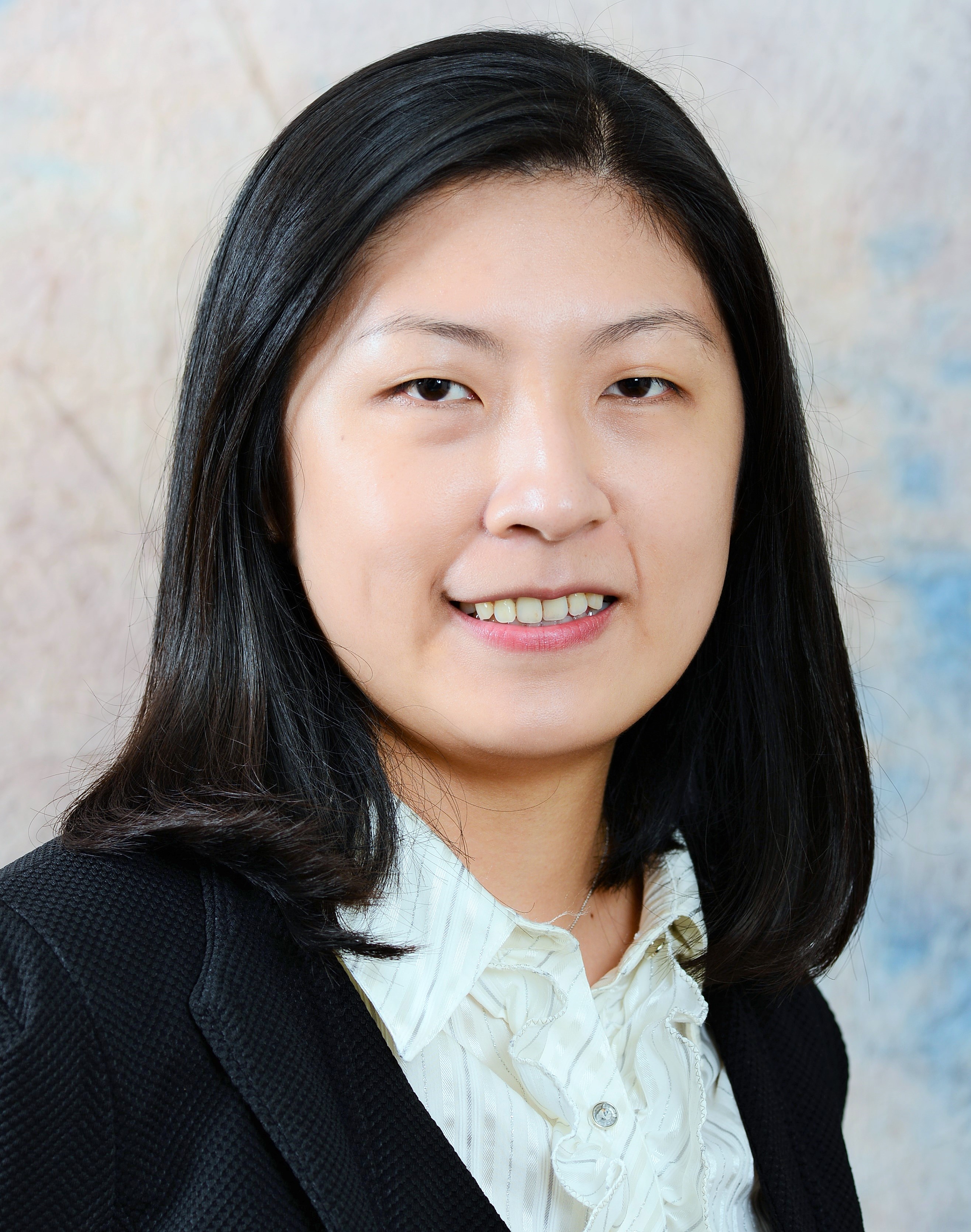 |
3D Printed Shape Memory Polymer by Stereo lithography
Pei-Chen Su
Nanyang Technological University
- PhD (MechEng) Stanford University 2009
- MS (MechEng) Stanford University 2005
- MS (MatlSc & Eng) National Taiwan University 2003
- BS (MechEng) National Taiwan University 2001
Dr. Su’s research interests are in applying microsystem technologies, nanoscale thin film materials engineering, and nano-patterning technologies at the interface of energy conversion devices, specifically fuel cells. She pioneered in development of high power density nano thin film oxide fuel cells at low operating temperature and keeps leading cell performance in the literature. Her research interests include low temperature solid oxide fuel cells, micro/nano fabrication, nanoionics, and thin film energy materials. Her research group focuses on developing new electrode and electrolyte materials and nano-engineering of cell components via thin film deposition technologies, design and fabrication of scalable micro-SOFCs, and study of reaction kinetics between cathode and nano thin film electrolyte interface, all together with an ultimate goal of commercializing a practical device for SOFCs below 500°C. |
 |
Modeling with Smart 3D Building Blocks
Young Choi
Chung-Ang UniversityYoung Choi is a Professor in the School of Mechanical Engineering at Chung-Ang University, Seoul, Korea since 1992. He also serves as the Dean of Engineering in the same university from March of 2016. His research interest has been in the area of geometric modeling, geometric design and various 3D geometry related topics including multi-modal medical images and laser scanned data. He is currently serving as a Co-Editor-in-Chief of Journal of Computational Design and Engineering since 2014. Professor Choi graduated from Seoul National University in 1979, earned a M.S. degree at KAIST in 1981 and Ph.D. in Mechanical Engineering at the Carnegie Mellon University in 1989.
|
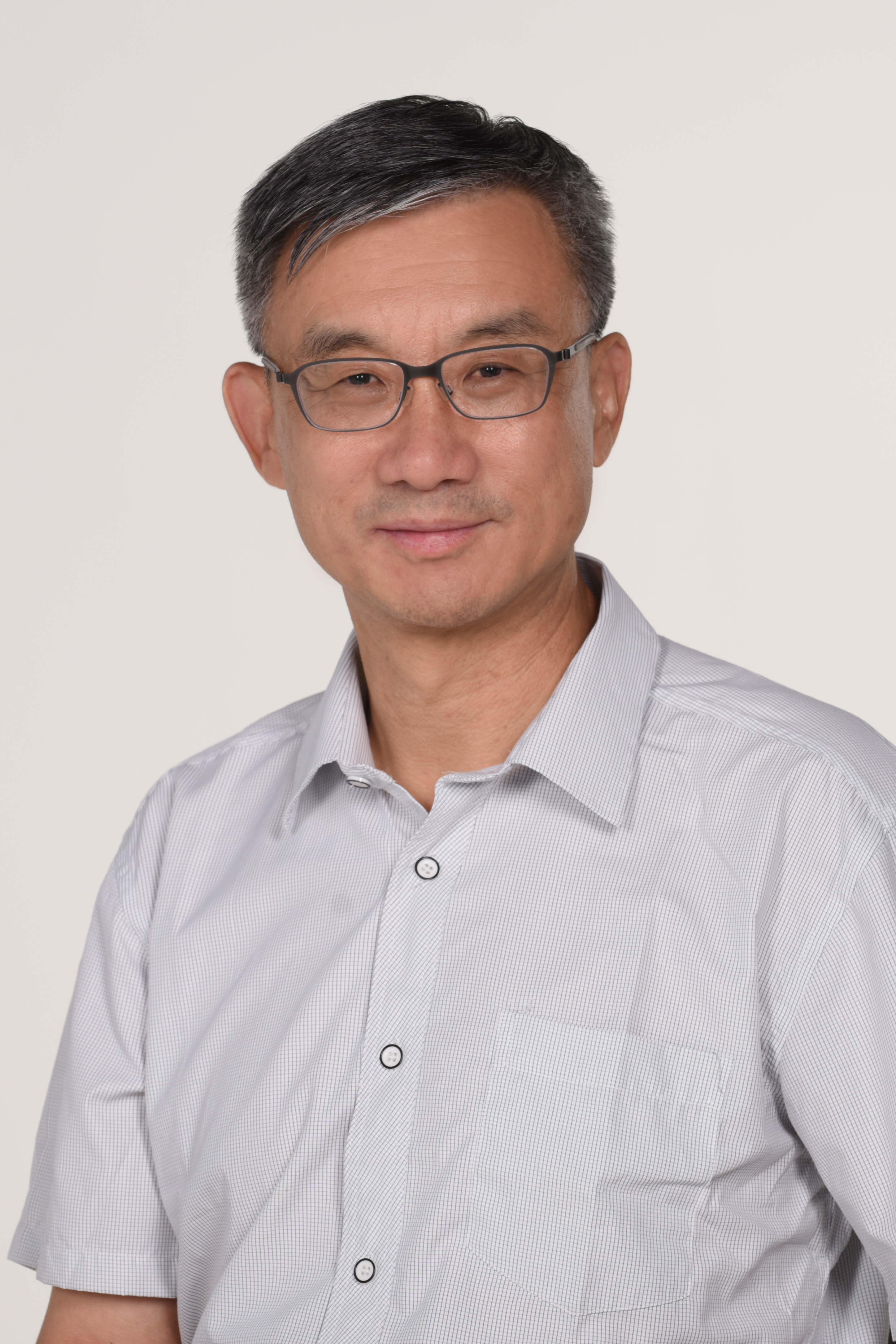 |
Topology Optimization: From NOODLES to 3D Printing
Michael Yu Wang
Hong Kong University of Science and Technology
Xian Jiaotong University
Michael Y. Wang is the Founding Director of the Robotics Institute and a Professor of Mechanical and Aerospace Engineering and Electronic and Computer Engineering of HKUST. He has numerous professional honors–National Science Foundation Research Initiation Award, 1993; Ralph R. Teetor Educational Award from Society of Automotive Engineers, 1994; LaRoux K. Gillespie Outstanding Young Manufacturing Engineer Award from Society of Manufacturing Engineers, 1995; Boeing–A.D. Welliver Faculty Summer Fellow, Boeing, 1998; Chang Jiang (Cheung Kong) Scholars Award from the Ministry of Education of China and Li Ka Shing Foundation (Hong Kong). He received the Kayamori Best Paper Award of IEEE International Conference on Robotics and Automation in 2001, the Best Conference Paper Award of International CAD Conference & Exhibition in 2007, the Compliant Mechanisms Award of ASME 31st Mechanisms and Robotics Conference in 2007, Research Excellence Award of CUHK in 2008, China State Natural Science Prize (Second Class) from the Ministry of Science & Technology of China (2012), and ASME Design Automation Award (2013) from ASME. He is Editor-in-Chief of IEEE Trans. on Automation Science and Engineering, and served as a Senior Editor of IEEE Trans. on Automation Science and Engineering, an Associate Editor of IEEE Trans. on Robotics and Automation and ASME Journal of Manufacturing Science and Engineering. Before joining HKUST in 2015, he served on the engineering faculty at University of Maryland, Chinese University of Hong Kong, and National University of Singapore. He is a fellow of ASME, HKIE, and IEEE. |
|
|
| 2:00 - 3:10 pm |
Nano Manufacturing and Layered Deposition
Chair:
 |
Modeling of Energetic Granular Flows
Tony Rosato
New Jersey Institute of TechnologyAnthony Rosato is a Professor of Mechanical Engineering the New Jersey Institute of Technology, where he has served as associate chair, as the founding director (1995-99) of NJIT’s Particle Technology Center, and director of the Granular Science Laboratory since 1999. He received a PhD from Carnegie Mellon University in 1985, and MS degrees in Applied Math and Theoretical & Applied Mechanics from CMU and Northwestern University, respectively. His research in the area of energetic granular flows related to the solids processing industries involves computational and discrete dynamical systems modeling and experimental studies. He has held visiting appointments at Lawrence Livermore National Laboratory, Worcester Polytechnic Institute, the Lovelace Institutes, ESPCI in Paris and Stanford University. Dr. Rosato is a Fellow of the ASME and the American Academy of Mechanics, a Fulbright Scholar, and Editor-in-Chief of Mechanics Research Communications. He is a member of the ASCE/EMI Granular Materials Committee, serves on the Editorial Board of the Americas of Kona – Power & Particle, and is an ASME representative on the Board of the International Hoover Award.
|
Speakers:
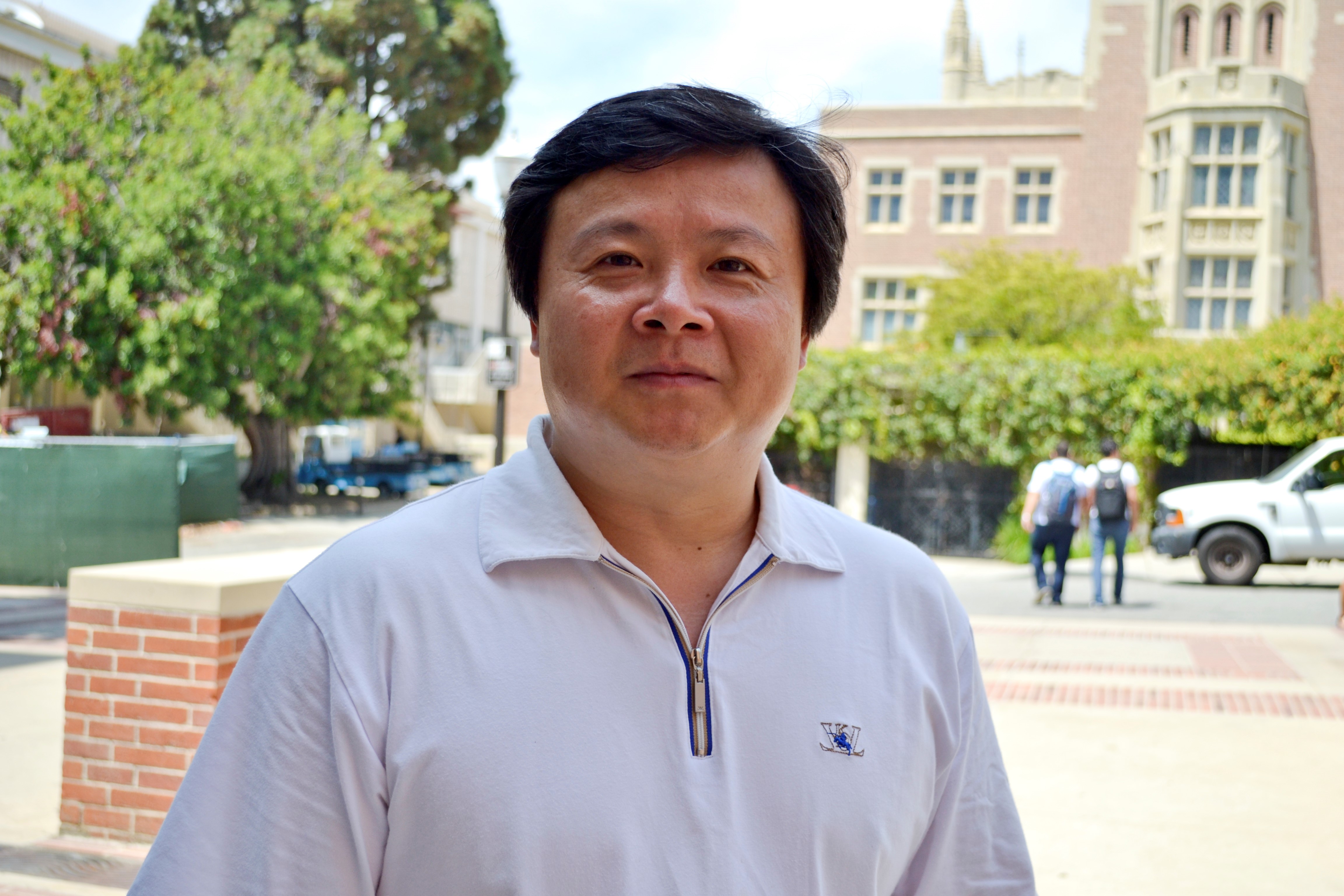 |
Sicfacturing of Super Metals with Populous Dispersed Nanoparticles
Xiaochun Li
University of California, Los Angeles
High performance metals offer tremendous potential to improve energy efficiency and system performance for numerous applications. However, conventional processing methods have reached certain limits in further improving the properties of metals. Nanoparticles can be used to further improve the performance of light metals. Unfortunately, there is a long standing challenge in nanoparticle dispersion and stabilization in molten metals, preventing mass solidification processing of bulk super metals containing populous nanoparticles. Here we show a newly discovered mechanism of nanoparticle self-dispersion and stabilization to achieve a uniform self-dispersion of high loading nanoparticles in various molten metals to deliver unprecedented properties for Super Metals, such as strength, stiffness, plasticity and high temperature stability. This talk will specifically discuss our recent progress on super metals produced by solidification processing, laser additive manufacturing, and thermal fiber drawing. This approach of Super Metals paves a revolutionary way to enhance the performance of all metals to meet energy and sustainability challenges in today’s society.
Professor Xiaochun Li is the Raytheon Endowed Chair in Manufacturing Engineering in the Departments of Mechanical and Aerospace Engineering & Materials Science and Engineering at University of California, Los Angeles (UCLA). He currently serves as the Chief Technology Officer for the California Smart Manufacturing Center, DOE Clean Energy Smart Manufacturing Innovation Institute. He received his Ph.D. at Stanford University in 2001. He is a holder of multiple best paper awards and patents, including five of those licensed by industry. Dr. Li received National Science Foundation CAREER award in 2002, Jiri Tlusty Outstanding Young Manufacturing Engineer Award from Society of Manufacturing Engineers in 2003, and 2008 Howard F. Taylor Award from American Foundry Society (AFS). Dr. Li was previously a professor in the Department of Mechanical Engineering and Materials Science Program at University of Wisconsin-Madison (UW-Madison) from 2001 to 2013. He served as the Director of Nano-Engineered Materials Processing Center (NEMPC) at UW-Madison between 2009 and 2013. Dr. Li has been elected Fellows in American Society of Mechanical Engineers and the International Society for Nanomanufacturing.
|
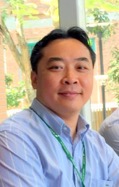 |
Nanoscale Multi-property Mapping of Materials by Scanning Probe Microscopy
Bernard Haochih Liu
National Cheng Kung University
Before joining National Cheng Kung University as an assistant professor in Materials Science and Engineering in 2008, Prof. Bernard Haochih Liu worked as a research scientist in the advanced develop group of Veeco Instruments, Inc. (now Bruker), the leading developer of atomic force microscopes, from 2004 to 2008. His research focused on the development of novel nanoprobes and related technologies for next generation Critical Dimension Atomic Force Microscopy (CD AFM).
Prior to Veeco, Prof. Liu was a research assistant at Rapid Prototyping Lab at Stanford University from 1999 to 2004; he has a M.S. in Materials Science and Engineering, and a Ph.D. in Mechanical Engineering (Design) from Stanford University. He worked on several projects focusing on additive manufacturing (AM) based solid freeform (SFF) forming of functional ceramic energy devices such as micro gas turbines, heat exchangers, microreactors. He has expertise in ceramic processing, sintering, and fabrication of complex shape ceramic devices.
Prof. Liu is the recipient of the 2014 Gold Medal of K. T. Li Technology and Literature Lectureship, 2011 International Invertor Prize, 2005 A. M. Strickland Prize, 2000 Rodney H. Adams scholarship. He currently has 19 patents (11 USA, 1 Canada, 1 Japan, and 6 Taiwan, ROC) and also serves as the division director of Center for Micro/Nano Science and Technology (CMNST), NCKU. |
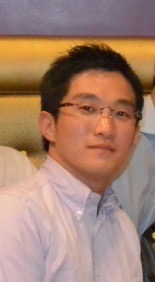 |
In-Situ SEM Observations of Electrochemical Li Deposition/Dissolution on Solid State Electrolytes
Munekazu Motoyama
Nagoya University
Ph.D. Kyoto University, 2006
Postdoctoral fellow, Prinz group at Stanford University, 2007−2012
2013−2014 Assistant Professor, Nagoya University
2015− Lecture, Nagoya University
|
|
|
| 3:10 - 3:30 pm |
Break |
|
| 3:30 - 4:15 pm |
Business, Intellectual Property and Industry Strategy
Chair:
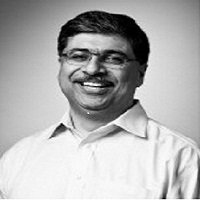 |
Afzaal Akhtar
Afzaal's focus is on developing and delivering major client engagements and overseeing IBB company operations across the globe (US, Australia/APAC and Europe).
Afzaal has extensive experience and expertise in broadband video, core and edge broadband networks, and converged services (video, data, and voice) network operations. His substantial hands-on experience in systems and network architecture, operations and support, and software development enables him to design and implement programs that maximize business benefits throughout each phase of the lifecycle: product and architecture definition, development, deployment, service delivery, BSS, OSS and service/network & customer operations.
Some of his current and past clients include Comcast, Charter, Videotron, CenturyLink, ADT, Time Warner Cable, Liberty Global/UPC, Shaw, Cablevision, Bright House Networks, Rogers Communications, Microsoft, Motorola, Panasonic and Sony.
|
Speakers:
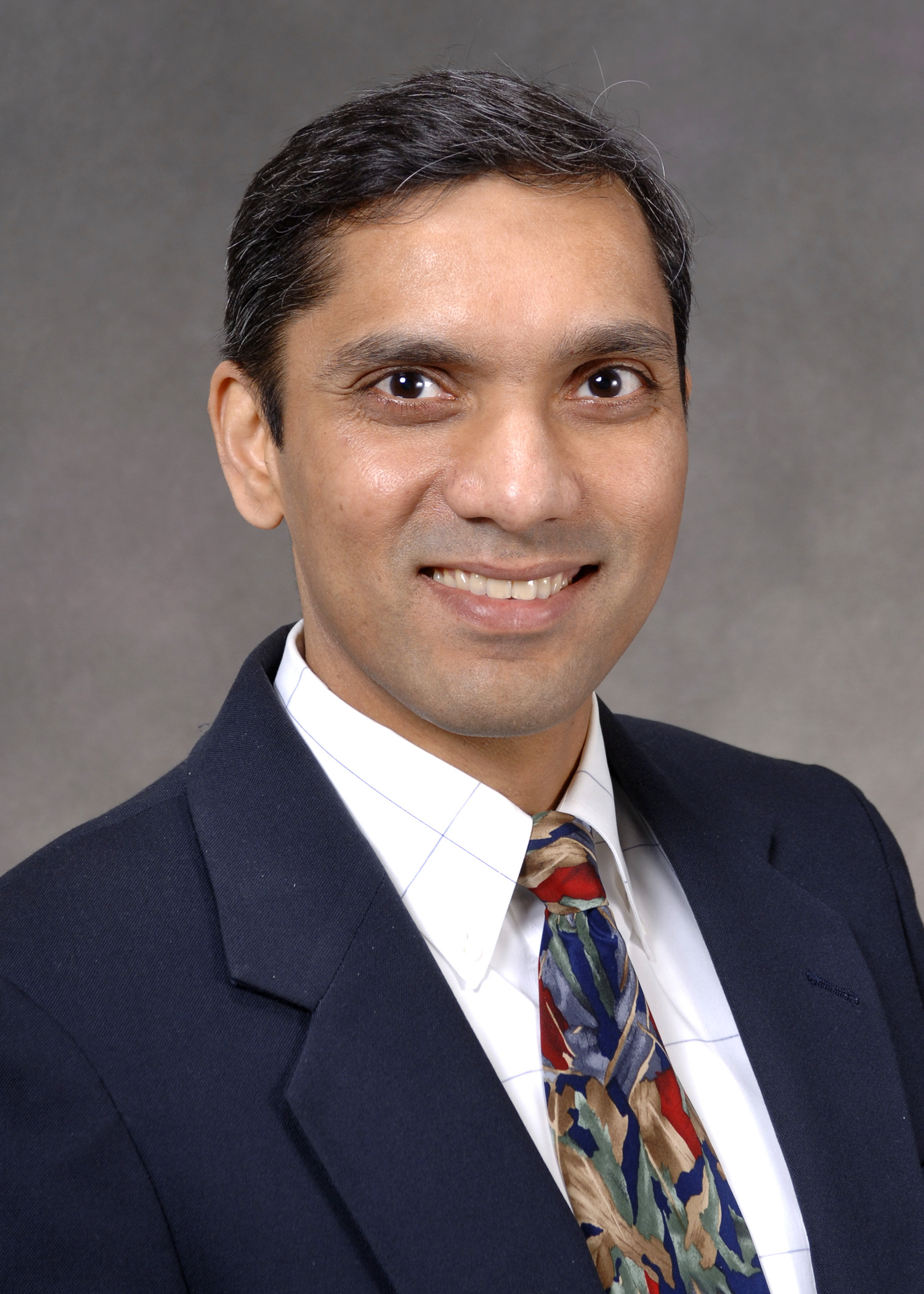 |
Optimizing Airplane Systems Design
Raju Mattikalli
The Boeing CompanyDr. Raju Mattikalli is a Technical Fellow in Applied Mathematics, Boeing Research & Technology. Mattikalli has over 25 years of experience conducting R&D in the area of computational design. His area of expertise is System Level Design, Mathematical Modeling, Optimization, Computational Design, Networked Systems and Robotics.
Dr. Mattikalli formulates mathematical models and solves design synthesis problems as optimization problems. Mattikalli has led efforts for optimal sensor positioning along the US-Mexico border, for Functional Integration on the 787, and for system level design and optimization of avionics and electrical systems. At Terabeam, a free-space optical networking startup, Mattikalli developed network design and optimization tools. Mattikalli was co-PI on DARPA’s META program on new system engineering methods.
Dr. Mattikalli has a Ph.D. in Mechanical Engineering from Carnegie Mellon University. He has authored 6 journal papers, 13 conference papers and has 7 patents (some pending). He served as an Associate Editor for the IEEE Trans. on Automation Science and Engineering from 2007-2008. He served on a proposal review board for the National Science Foundation, and as a reviewer for numerous journal and conference papers. In 2008, he received the Boeing Phantom Works breakthrough technology award.
|
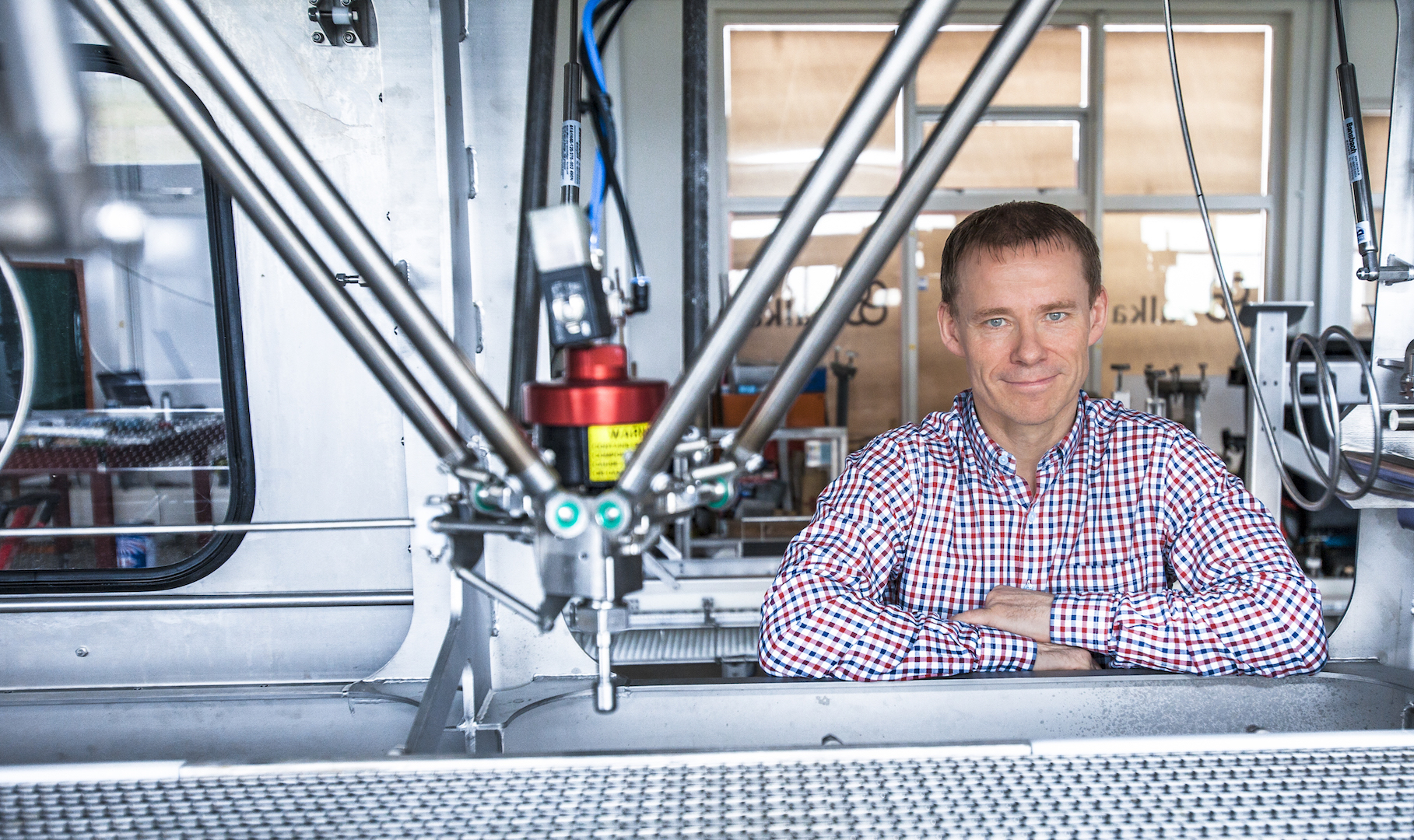 |
Building High Tech Company from the Ground Up
Helgi Hjálmarsson
Valka Ehf
Education
Carnegie Mellon University, Master of Engineering in Mechanical Engineering, spring 1992. My primary focus in my master studies was on computer aided design. My master theses is called: Tools for Computer-Based Analyses of Injection Molding Designs. In this project I worked on a program that could automatically analyse if a particular part could be injection moulded. The program also suggested how the design could be changed to make it feasible to produce with injection moulding. General Motors was co-operating partner in the project. Advisor: Professor Dr. Fritz Prinz
University of Iceland, CS in Mechanical Engineering, spring 1990. At University of Iceland I focused on mechanical design as well as control technology and software engineering. In the CS project I used computer aided design to design a new type of chute suitable for mounting a fish counter with the aim of ensuring maximum counting accuracy. Vaki hf was co-operating partner in the project. Advisors: Professor Dr. Magnús Þór Jónsson and Þorsteinn I. Víglundsson Engineer at Vaki hf.
Menntaskólinn við Hamrahlíð( Hamrahlíð College), stúdent, spring 1986. I graduated from physics- and natural sciences line.
Employment
Valka ehf, Founder & General Manager, from August 2003. I founded Valka in August 2003. The initial focus was on improving packing of fresh fish products and the focus has been on improving productivity in the fish processing industry. Valka has already gained a proven reputation for producing high-quality products. The company has emphasized on designing high technology hardware and software aimed at enhancing the customer’s productivity, through innovative solutions and with effective teamwork with our customers, universities and development companies.
Marel hf, Product Manager in the Development Team, 1994 - 2003. In Marel I worked on various project but main focus on on vision technology and automation.
Háskóli Íslands, specialist in Thermodynamics and fluid dynamics Office, 1993-1994. I worked on various research projects and teaching. Main project was to create a simulation software for development of nets used for fishing.
Carnegie Mellon University, Research Assistant, Engineering Design Research Center(EDRC), 1992-1993. I worked on various research projects that EDRC was working on with it ́s industrial partners. I worked on developing further the Noodles geometric modeller, a die-casting project with Alcoa and injection moulding project with General Motors.
Stáliðjan og KR-Sumarhús. During my studies in Iceland I worked during summers on building steel furniture at Stáliðjan and summerhouses at KR-Sumarhús.
|
 |
Patent Law Primer for Researchers
James Mack
Ropes & Gray LLP |
|
|
| 4:20 - 5:00 pm |
Keynote
Speaker:
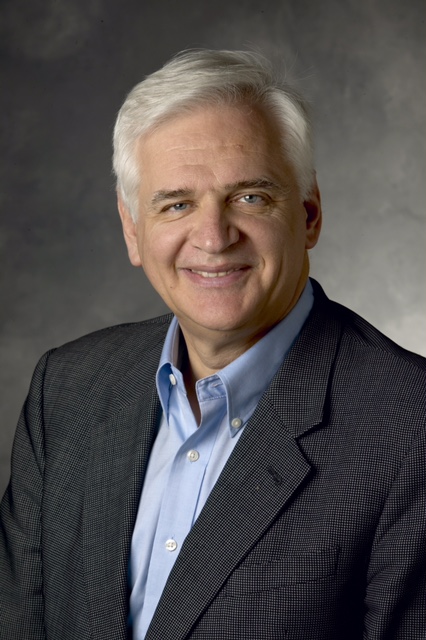 |
Fritz Prinz
Stanford University
Fritz Prinz is the Finmeccanica Professor in the School of Engineering at Stanford University, Professor of Materials Science and Engineering, Professor of Mechanical Engineering and Senior Fellow at the Precourt Institute for Energy. He also serves as the Director of the Nanoscale Prototyping Laboratory and Co-director of Stanford Energy 3.0. A solid-state physicist by training, Prinz leads a group of doctoral students, postdoctoral scholars, and visiting scholars who are addressing fundamental issues on energy conversion and storage at the nanoscale. In his Laboratory, a wide range of nano-fabrication technologies are employed to build prototype fuel cells, capacitors and batteries that are used to test new concepts and novel material structures through atomic layer deposition, scanning tunneling microscopy, impedance spectroscopy and other technologies. In addition, his group uses atomic scale modeling to gain insights into the nature of charge separation and recombination processes. Before coming to Stanford in 1994, he was on the faculty at Carnegie Mellon University. Prinz earned a PhD in physics at the University of Vienna in Austria.
|
|
|
| 5:00 - 7:30 pm |
Happy Hour
|
|
| 7:30 pm |
Dinner
|
| Saturday, July 15, 2017 |
| |
Social and Cultural Activities
|
|
Event Date:
July 13th, 14th and 15th, 2017
Event Location:
UCLA Faculty Center, Sequoia Room
480 Charles Young Drive,
Los Angeles, CA 90095-1617
Directions
Registration:
Closed |